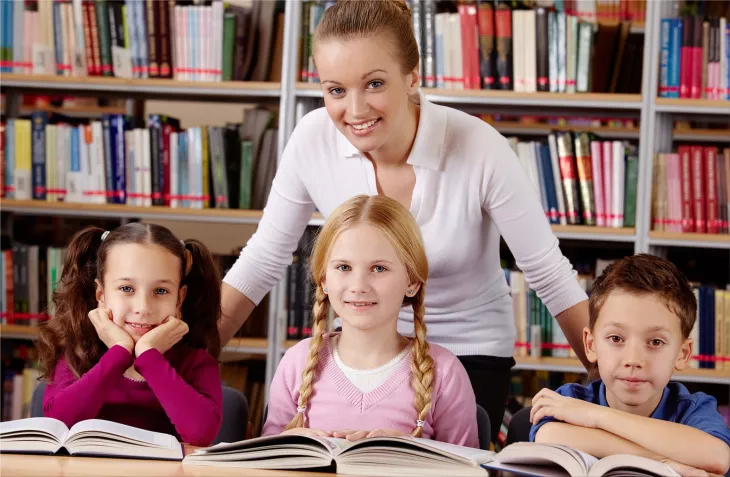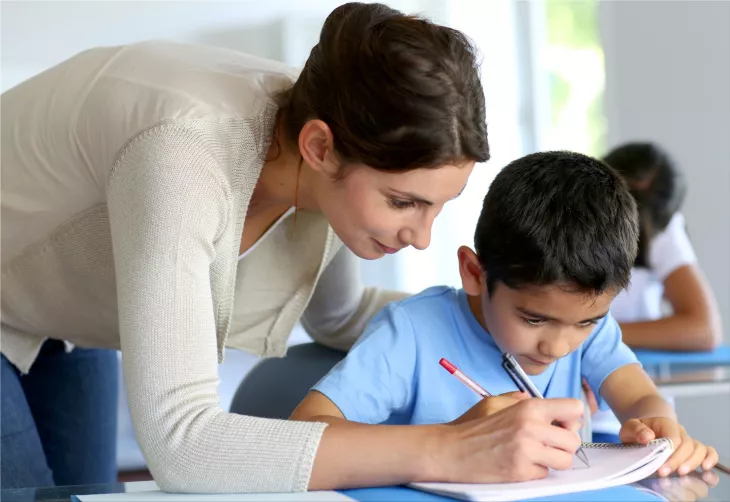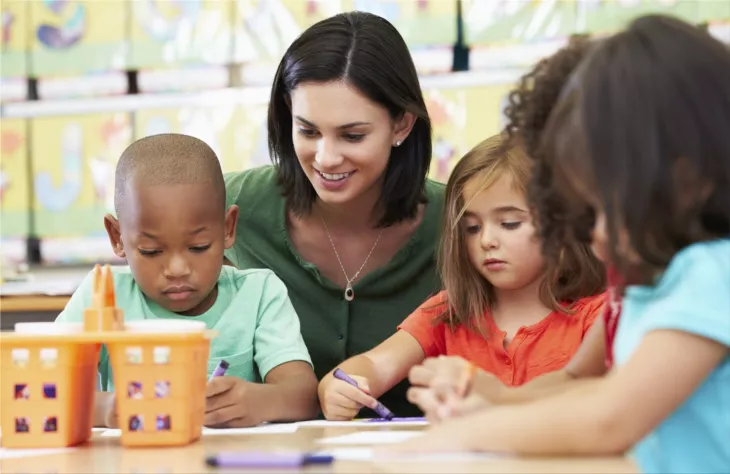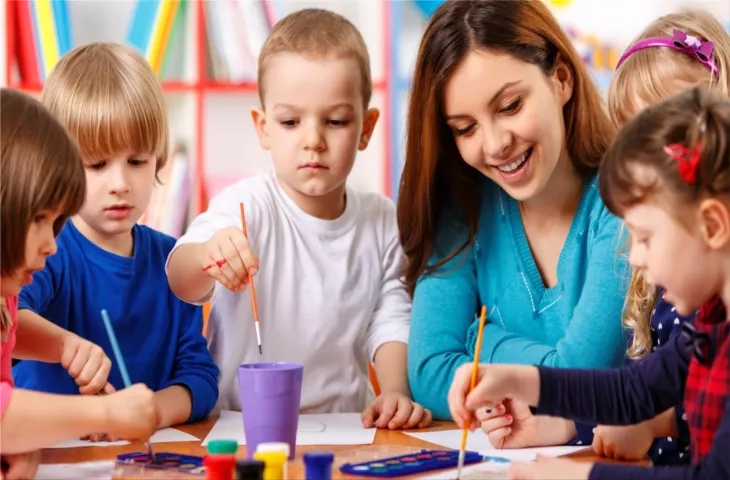There is a more effective technique for parents to manage their anger before acting. Unfortunately, numerous occasions in parenting compel us to act. We act when there is an obvious danger, such as a youngster rushing into the street or a child colliding with another. However, we frequently regret behaviors driven by the desire to "teach our child a lesson" or emotional arousal. In retrospect, our behaviors were an attempt to address our anger and/or fear in the heat of the moment and served no purpose other than to educate our children that high emotions result in harsh answers.
An alternative road ahead achieves significantly more excellent results by fostering the establishment and evolution of self-regulation. This route involves three critical steps:
1. Regulation
The first step is to address regulation. As parents, we must acknowledge that the capacity to observe and manage one's emotions is a developing talent. Our children's emotions, in particular, are "contagious" and frequently stimulate us! Therefore, our objective is to teach our youngsters how to develop their capabilities for feeling, naming, and regulating their emotions' intensity.
When our emotions become excessive, we jeopardize our child's ability to perform this learning. As a result, we must first work on our emotional management to foster emotional regulation in our children. The difficulty for parents is remembering to identify when we get dysregulated to regulate ourselves and then help our children practice and develop their own ability to calm themselves.
2. Connection
The second stage is to establish a connection. After the internal fire alarms have been muted, the moment has instilled a sense of security via connectedness. While the link may appear to you as "caving in" or "failing to teach your child a lesson," this is not the case. Your anger/upset is directed at you as the parent, and while it teaches that conduct has consequences, it does not assist your kid in determining what factors contributed to the problematic behavior. You are unhappy because you want your kid to stop doing what she does, stop complicating matters, stop bothering or embarrassing you, and behave differently the next time.
A loving and safe environment is required to help youngsters understand what motivates their behavior. This is crucial for reducing guilt and shame, both unpleasant and inhibiting learning. In a manner that punishment does not, connection facilitates personal growth.
3. Reflection
The next phase, refection, can occur with safety established via the connection. Reflection necessitates an attitude of openness and inquiry. In this vulnerable area, one might explore learning about one's ideas, feelings, and behaviors. By listening and experimenting with your kid, you can reassure and encourage them as they work to develop the language necessary to comprehend and express themselves.
As with learning the ABCs, becoming aware of and speaking about interior experiences requires connecting experience to words. We may foster this growth by discussing with our children what occurred around them and inside them that resulted in the challenging behaviors. This process develops the capacity for hindsight and insight, which are necessary components of self-regulation and self-management. This is the parents' holy grail. This is the privileged environment where we may build self-esteem, self-awareness, and self-respect to direct our children's behavior when confronted with difficult life situations.
Regulation, connection, and reflection all contribute to the meaning of activity. We understand important things about our children as they understand about themselves. Reflection in and of itself fosters your child's personal development. When you need to take action, such as setting limits or enforcing them, these are more significant when they come from a deliberate place to teach your kid, rather than a reaction to managing your own emotions.
While your kid may feel resentful, the connections between their action and the consequences foster comprehension, which helps them adjust their behavior and reduces the likelihood of future upsets. Changing our parenting style from outrage and response to a regulation, connection, and contemplation lays the groundwork for assisting our children in developing into perceptive, self-aware, and self-respecting adults.


















